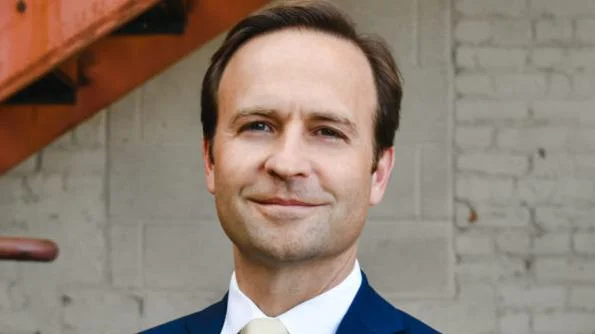Brian Calley President and Chief Executive Officer at Small Business Association of Michigan | Official website
Brian Calley President and Chief Executive Officer at Small Business Association of Michigan | Official website
The Michigan House of Representatives recently passed several bills with significant implications for the state's energy and disaster relief efforts. Among these, HB 4007 and HB 4283 were approved by votes of 82-27 and 83-26, respectively. These bills aim to preserve Reciprocating Internal Combustion Engine (RICE) generators in the Upper Peninsula (UP), despite a new clean energy mandate that would otherwise phase them out.
The UP and Lower Peninsula belong to different regions within the Midcontinent Independent System Operator (MISO). Under the current clean energy requirements, the UP would need to fund both existing RICE generators until their operational end in 2050 and the construction of new renewable energy sources. This dual financial burden has prompted lawmakers like Sen. Ed McBroom (R-Waucedah Twp.) and Reps. Karl Bohnak (R-Negaunee), Greg Markkanen (R-Hancock), and Dave Prestin (R-Cedar River) to advocate for more time to transition away from RICE generators.
Sen. McBroom highlighted during a press conference that only four representatives from the UP serve in the state legislature, making their voices less prominent in decision-making processes. He stated, “We have a very small voice here.” Meanwhile, Rep. Prestin emphasized that while these bills do not classify RICE generators as clean energy, they provide a "practical bridge to compliance" with existing standards.
The legislation also addresses concerns from industries heavily reliant on RICE-generated power, such as mining operations like Cleveland-Cliffs steel mine, which could face substantial surcharges starting in 2027. Michael Grondz of United Steelworkers Local 4950 warned that unsustainable power costs could drive manufacturers out of Michigan.
In another development, HB 4328 was passed to allocate $100 million for emergency response funding following severe ice storms in Northern Michigan. Originally set at $75 million, an additional $25 million may be available through legislative transfer if necessary. Rep. Parker Fairbairn (R-Harbor Springs) underscored ongoing local recovery efforts: “The people of Northern Michigan and the Upper Peninsula continue to ask...‘Will anybody help us?’”
Other legislative actions included passing HB 4072 unanimously, requiring ophthalmology patients be offered leftover eye drops or ointment after visits; HB 4178 creating an education credit carryover system for insurance providers; and HB 4071 addressing unfair trade practices in insurance.
These measures reflect ongoing efforts by Michigan lawmakers to balance environmental mandates with regional economic needs while addressing immediate disaster relief requirements.





 Alerts Sign-up
Alerts Sign-up